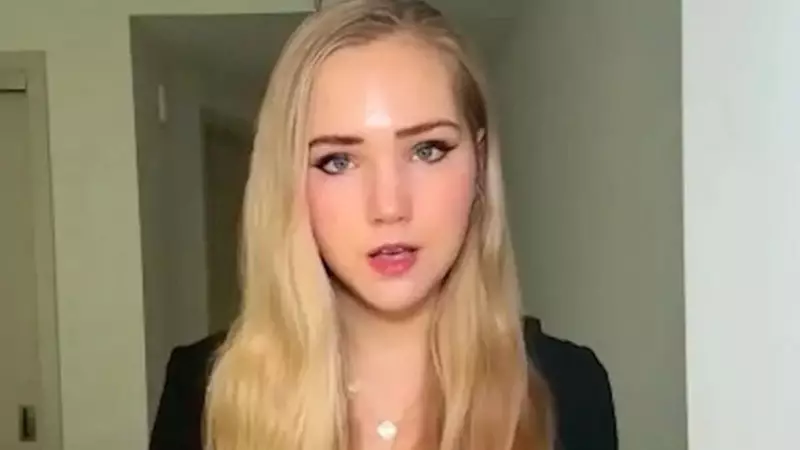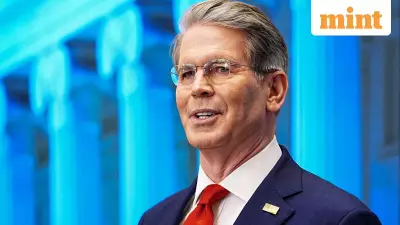
In a dramatic turn of events that's creating waves across international borders, Naomi Seibt, the 23-year-old German activist famously known as the "anti-Greta," has reportedly sought political asylum in the United States. This development comes amidst growing controversy surrounding her vocal scepticism about climate change and the mainstream environmental movement.
Who is Naomi Seibt?
Often positioned as the conservative counterpoint to Swedish environmental activist Greta Thunberg, Seibt has built her reputation challenging what she calls "climate alarmism." The young German speaker has gained significant attention through her YouTube channel and public appearances where she questions established climate science and advocates for what she describes as "climate realism."
The Backlash and US Asylum Bid
Seibt's controversial stance has made her a polarising figure in her home country. According to reports, the intensity of the backlash against her views has prompted her to seek refuge in the United States, where she believes her freedom of speech will be better protected. Her case highlights the increasingly heated global debate around climate change and the personal consequences faced by those who challenge mainstream scientific consensus.
Connections to Conservative Organizations
The German activist's journey hasn't occurred in isolation. Seibt has been associated with The Heartland Institute, a conservative American think tank known for its sceptical position on human-caused climate change. These connections have further fueled the controversy surrounding her message and now, her asylum request.
Broader Implications
Seibt's case raises important questions about freedom of speech, scientific discourse, and the treatment of dissenting voices in environmental debates. As climate change remains one of the most pressing global issues, the story of this young German activist seeking American protection adds another layer to the complex international conversation about how we discuss and address environmental challenges.
While her future in the United States remains uncertain, Naomi Seibt's story continues to spark debate about the boundaries of acceptable discourse in one of the most critical scientific and political discussions of our time.





